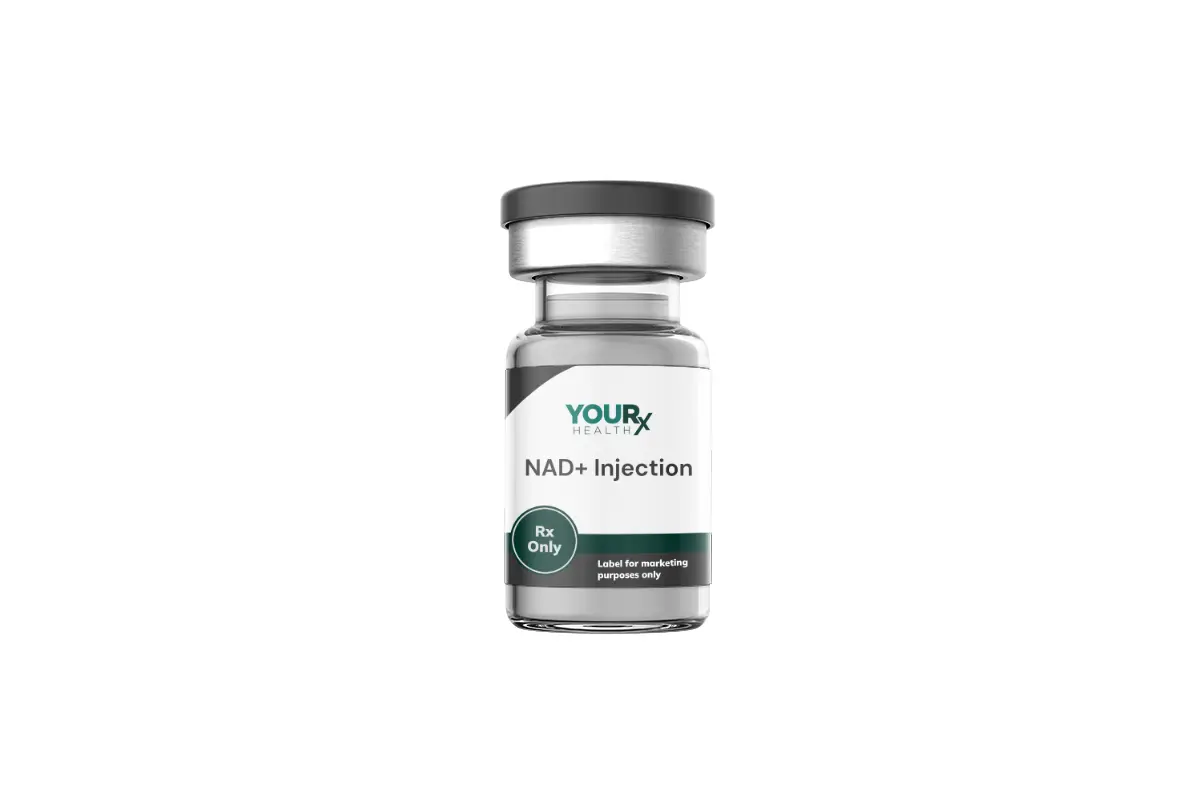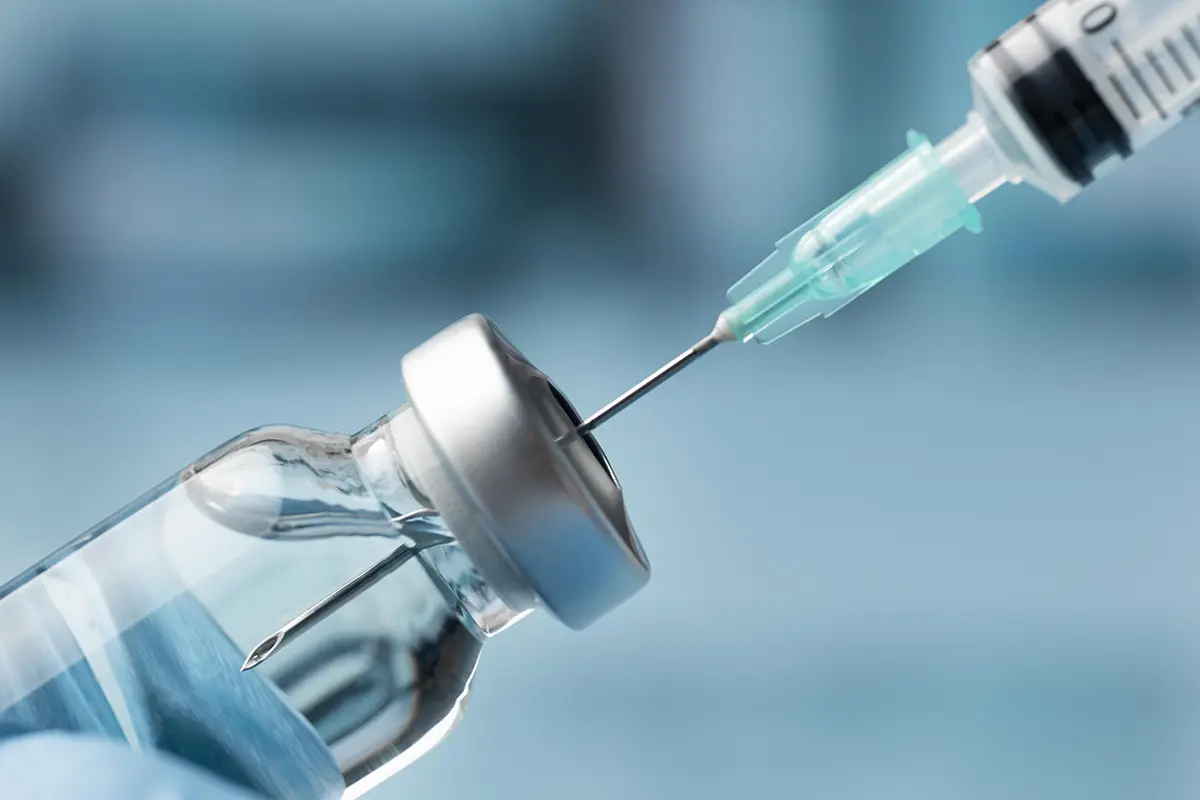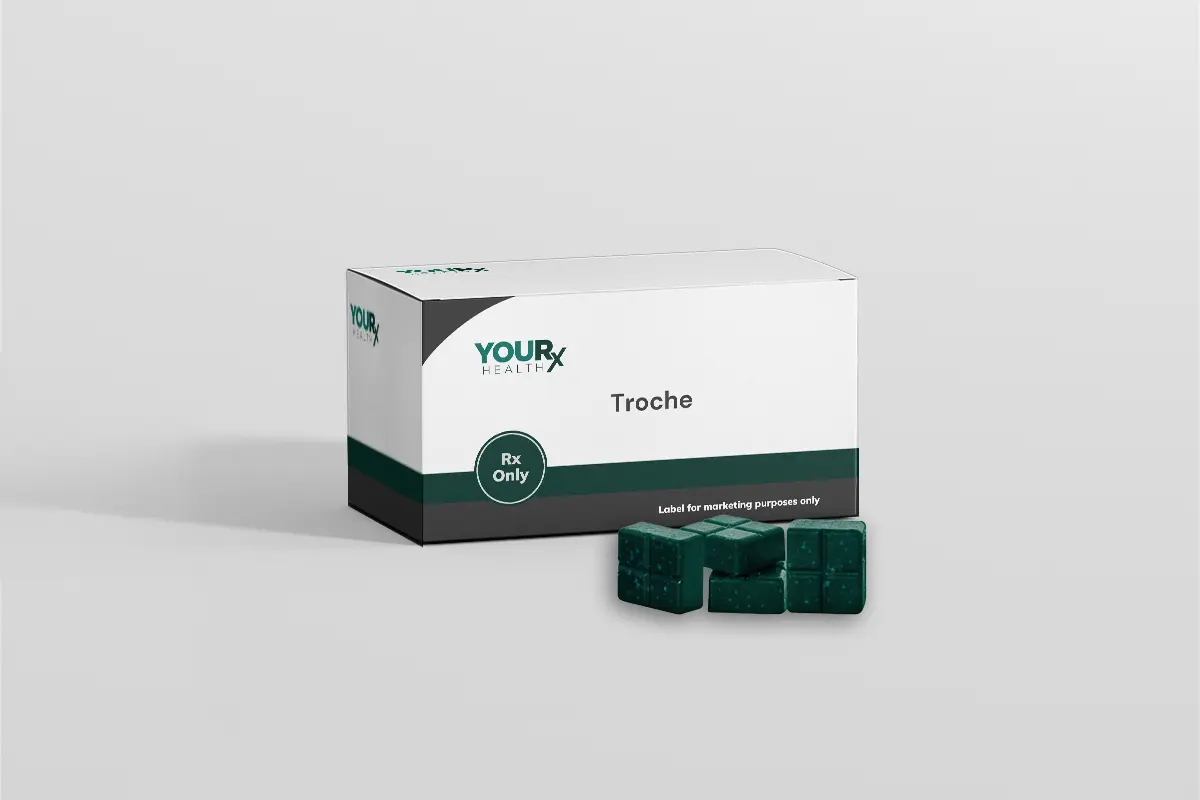Nicotinamide adenine dinucleotide (NAD+) is a compound that is naturally found in your body’s cells, and it has a mile-long task list. Combatting aging (both internally and externally), strengthening your memory, and maintaining muscle endurance are just some of the responsibilities held by NAD+, but its levels naturally decline as you grow older, which can cause aging-related conditions to set in.
Let’s explore the benefits NAD+ offers for your health and how you can give it a little boost.
Health Benefits of NAD+
NAD+ is a naturally occurring compound in your body, but as you grow older, your body has a hard time keeping up its production. As such, monitoring your NAD+ levels is key to ensuring you meet your body’s needs, and the following are some reasons why this should be a priority:
Slows Effects of Aging
Since NAD+ levels naturally decline while aging (which prompts age-related health conditions to develop), scientists have looked into the role of NAD+ in preventing or reversing age-related health conditions.
Studies have found that restoring NAD+ levels can improve signs of aging, such as:
- Cardiovascular health
- Muscle function
- Endurance
- Mitochondrial function
As such, keeping NAD+ levels high can help combat aging, slowing down its progress and increasing your vitality.
Slows Effects of Aging
Those with neurological-based health conditions may see improvements with NAD+. Studies suggest that those with Parkinson’s may have an NAD+ deficiency, and increasing NAD+ levels is shown to improve certain symptoms of Parkinson’s.
The benefits for your brain do not end there, either; research shows that dementia related to Alzheimer’s disease responds positively to daily NAD+ supplementation, and NAD+ may even protect against dementia.
Support Metabolic Health
Various health conditions stem from a dysfunction in metabolic health, and NAD+ may play a role.
Research shows that NAD+ regulates fat and insulin sensitivity in the body, which relates to obesity and diabetes—two metabolic conditions.
One study on postmenopausal women who had prediabetes and excess weight found that NAD supplementation for 10 weeks helped to improve insulin sensitivity. The more sensitive your body is to insulin, the lower your risk of diabetes.
It’s also been shown that NAD+ can improve the mitochondrial function of skeletal muscle, which means that your muscles produce more energy and do not fatigue as easily. In this way, NAD+ may give you the boost you need to keep up with your daily tasks or bucket list.
Boosting NAD+
NAD+ naturally occurs in the body, but you can also increase its levels by exercising regularly and getting enough sleep. Certain foods also contain NAD+, including cabbage, turkey, soybeans, and cucumber.
It can be hard to know whether or not your body is getting enough NAD+, but with PlexusDx’s YOURx Health Nutrigenomics (NGx) Test, you can see what your genes require and the best way for you to meet these needs.
References
Borut Poljšak, Kovač, V., & Milisav, I. (2022). Current Uncertainties and Future Challenges Regarding NAD+ Boosting Strategies. Antioxidants, 11(9), 1637–1637. https://doi.org/10.3390/antiox11091637
Conlon, N. J. (2021). The Role of NAD+ in Regenerative Medicine. Plastic & Reconstructive Surgery, 150, 41S48S. https://doi.org/10.1097/prs.0000000000009673
Mischley, L. K., Shankland, E., Liu, S. Z., Bhayana, S., Fox, D. J., & Marcinek, D. J. (2023). ATP and NAD+ Deficiency in Parkinson’s Disease. Nutrients, 15(4), 943. https://doi.org/10.3390/nu15040943
Berven, H., Kverneng, S., Sheard, E., Søgnen, M., Af Geijerstam, S. A., Haugarvoll, K., Skeie, G.-O., Dölle, C., & Tzoulis, C. (2023). NR-SAFE: a randomized, double-blind safety trial of high dose nicotinamide riboside in Parkinson’s disease. Nature Communications, 14(1). https://doi.org/10.1038/s41467-023-43514-6
Campbell JM. Supplementation with NAD+ and Its Precursors to Prevent Cognitive Decline across Disease Contexts. Nutrients. 2022 Aug 7;14(15):3231. doi: 10.3390/nu14153231. PMID: 35956406; PMCID: PMC9370773.
Conlon NJ. The Role of NAD+ in Regenerative Medicine. Plast Reconstr Surg. 2022 Oct 1;150(4 Suppl ):41S-48S. doi: 10.1097/PRS.0000000000009673. Epub 2021 Sep 28. PMID: 36170435; PMCID: PMC9512238.
Yamaguchi S, Yoshino J. Adipose tissue NAD+ biology in obesity and insulin resistance: From mechanism to therapy. Bioessays. 2017 May;39(5):10.1002/bies.201600227. doi: 10.1002/bies.201600227. Epub 2017 Mar 15. PMID: 28295415; PMCID: PMC5469033.
Yoshino, M., Yoshino, J., Kayser, B. D., Patti, G. J., Franczyk, M. P., Mills, K. F., Sindelar, M., Pietka, T., Patterson, B. W., Imai, S.-I., & Klein, S. (2021). Nicotinamide mononucleotide increases muscle insulin sensitivity in prediabetic women. Science, 372(6547), 1224–1229. https://doi.org/10.1126/science.abe9985
van, Phielix, E., Bilet, L., Williams, E. G., Ropelle, E. R., Bierwagen, A., Livingstone, R., Nowotny, P., Sparks, L. M., Paglialunga, S., Szendroedi, J., Bas Havekes, Moullan, N., Eija Pirinen, Hwang, J.-H., Schrauwen-Hinderling, V. B., Hesselink, M. K. C., Johan Auwerx, Roden, M., & Schrauwen, P. (2014). Evidence for a Direct Effect of the NAD+ Precursor Acipimox on Muscle Mitochondrial Function in Humans. Diabetes, 64(4), 1193–1201. https://doi.org/10.2337/db14-0667




